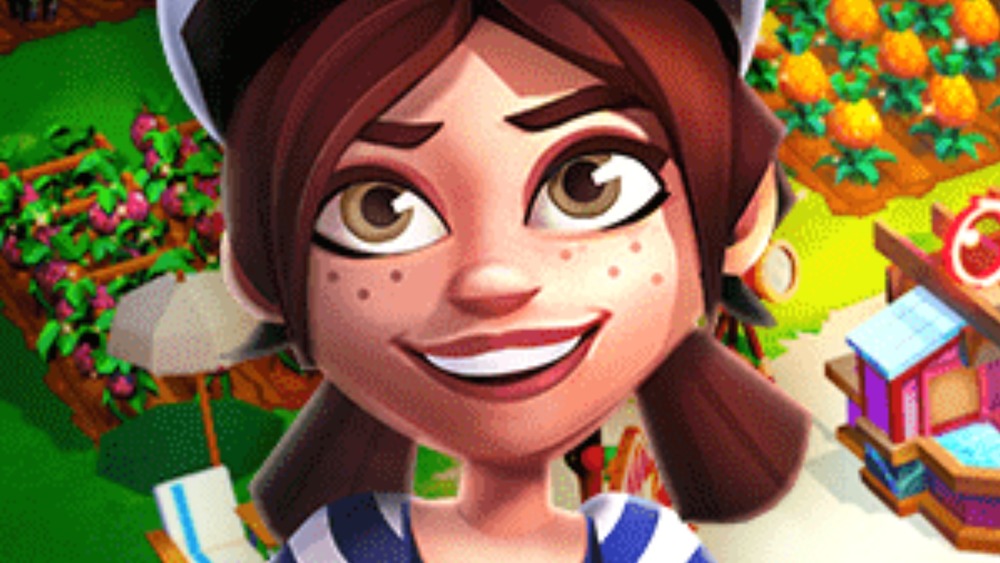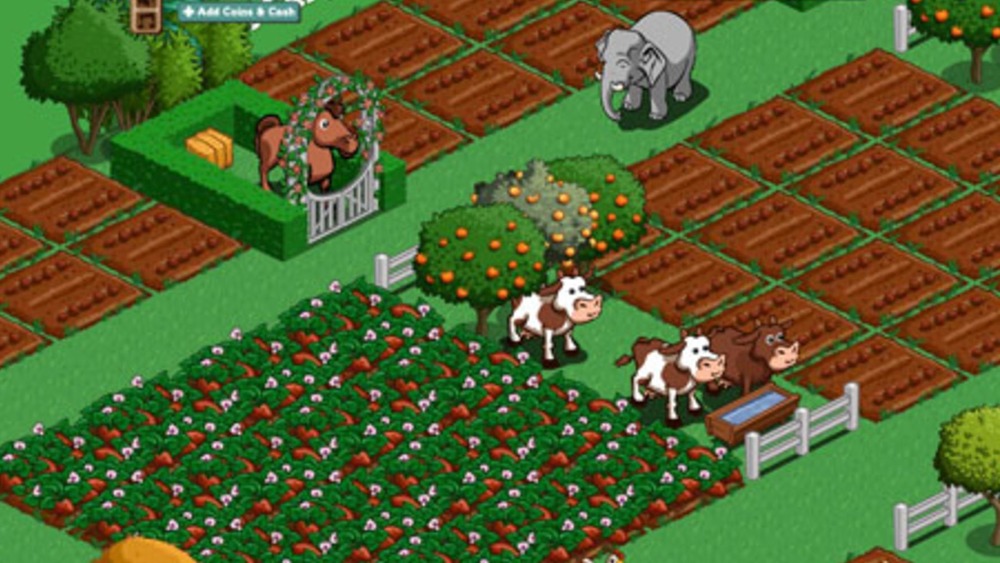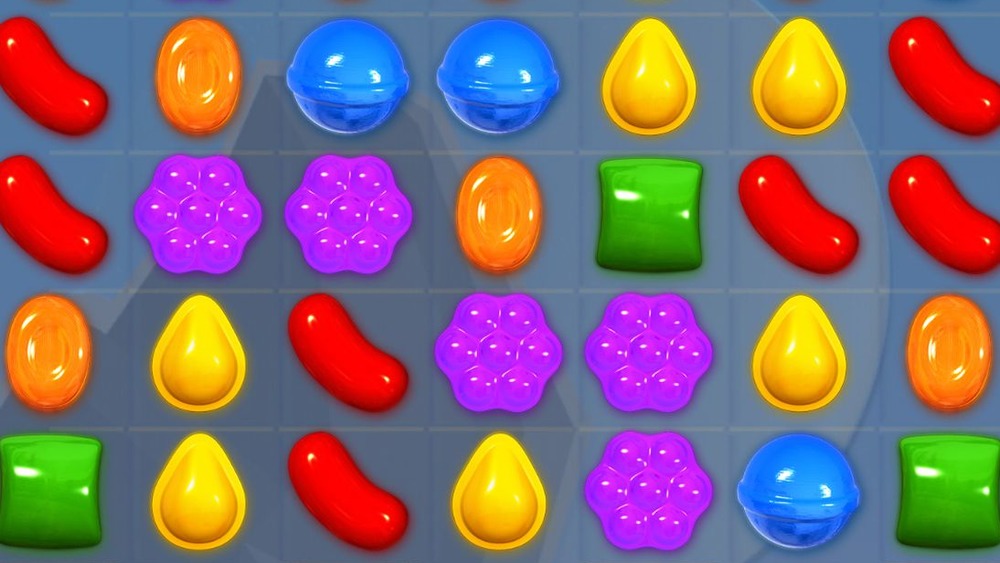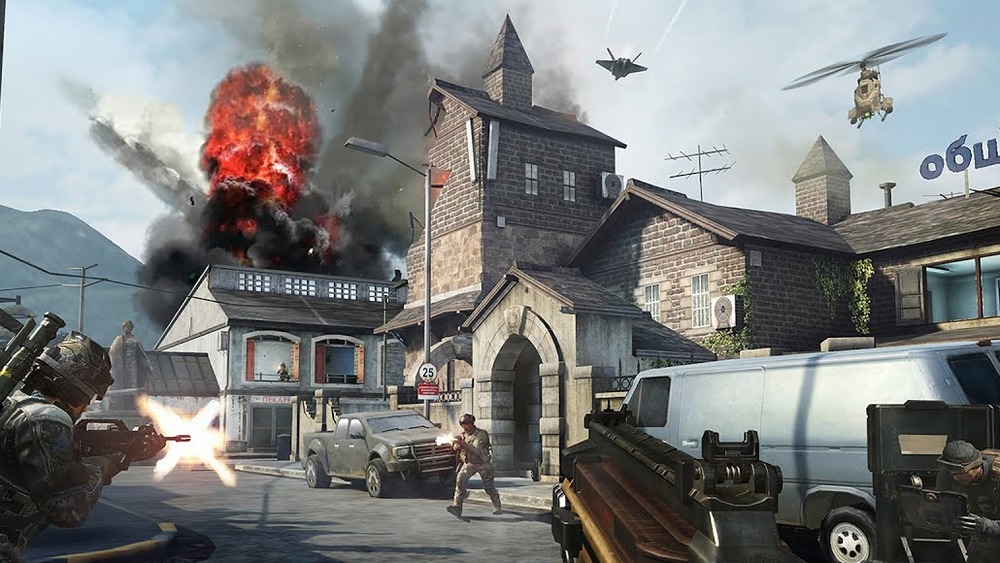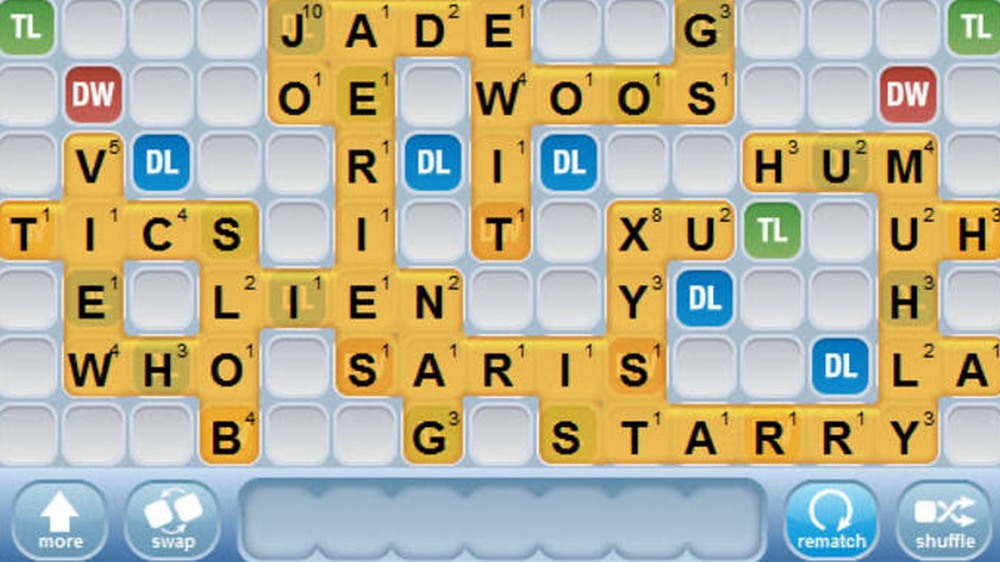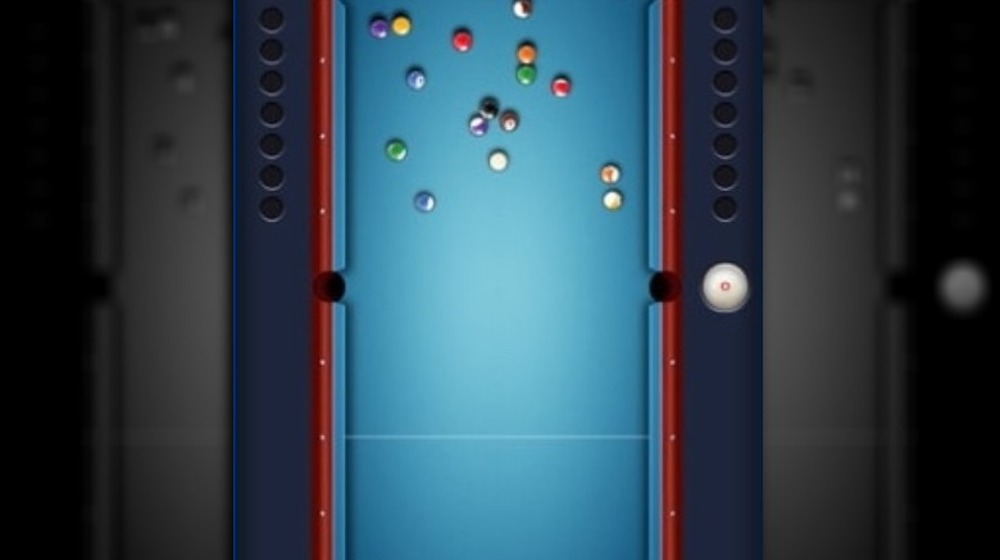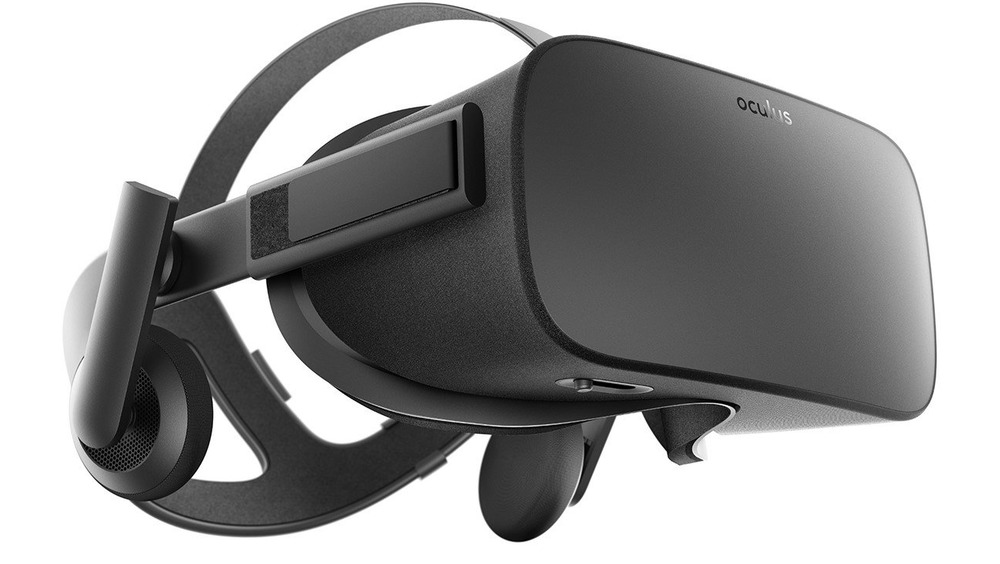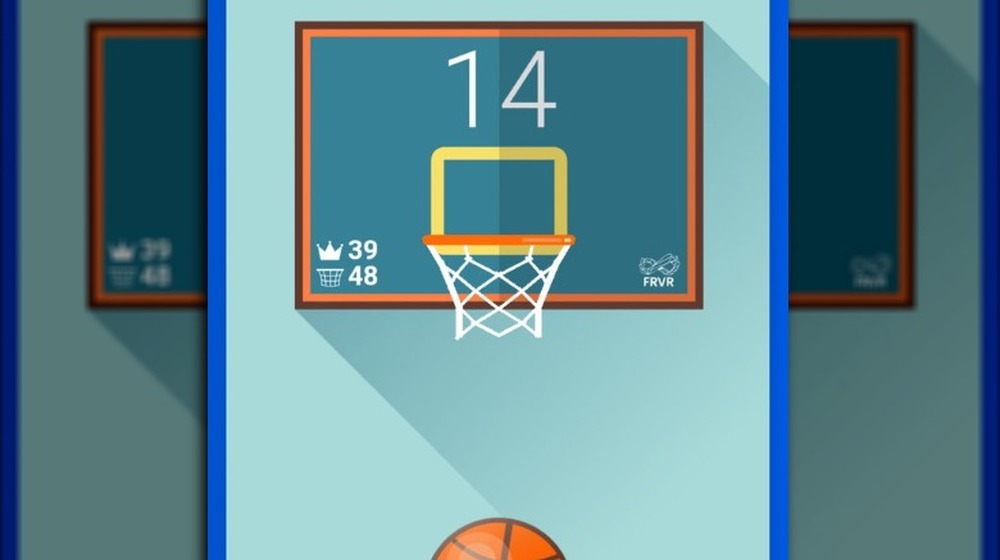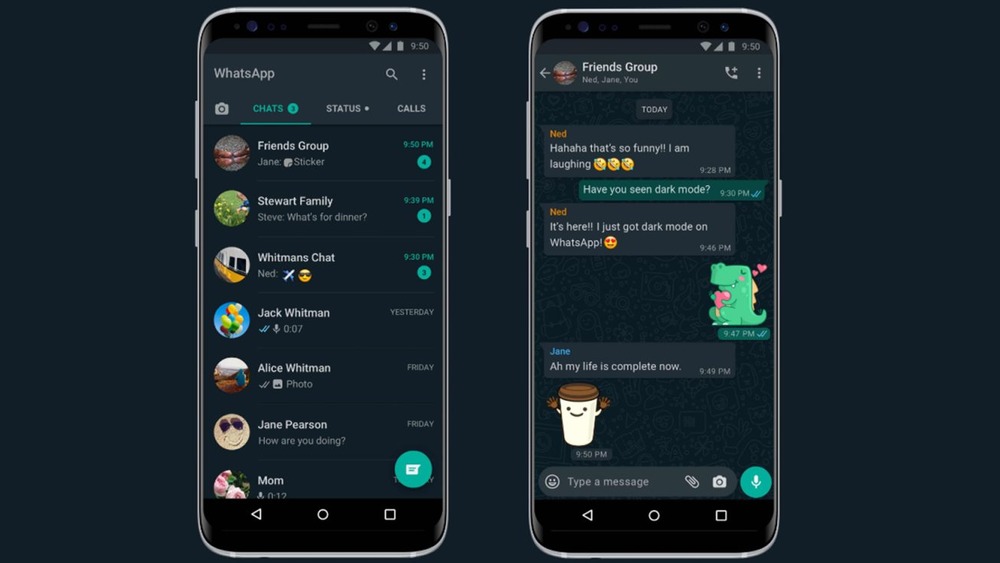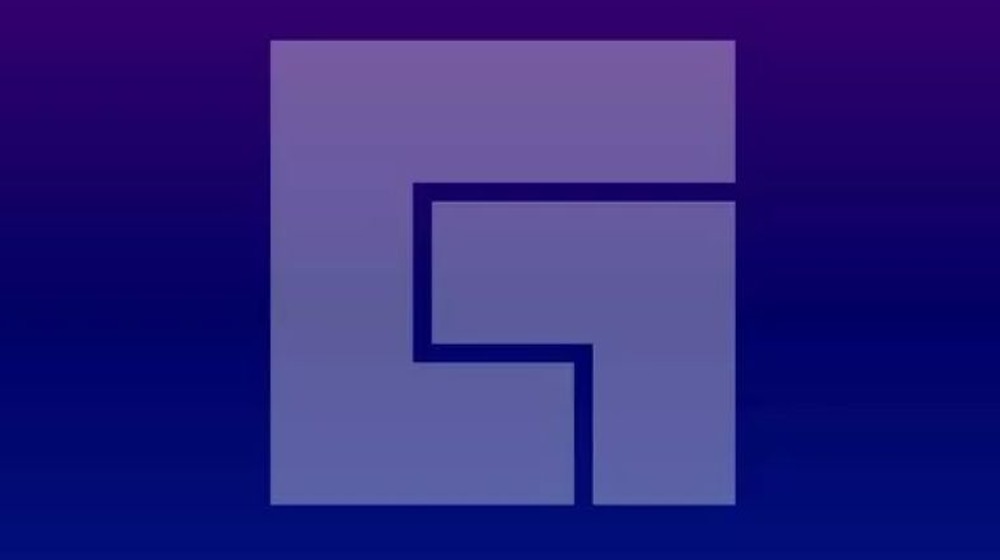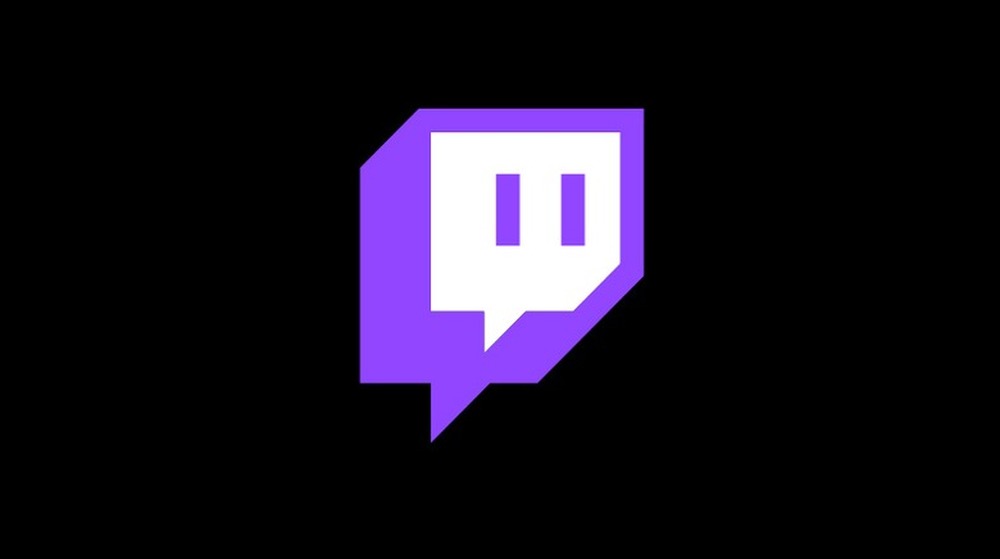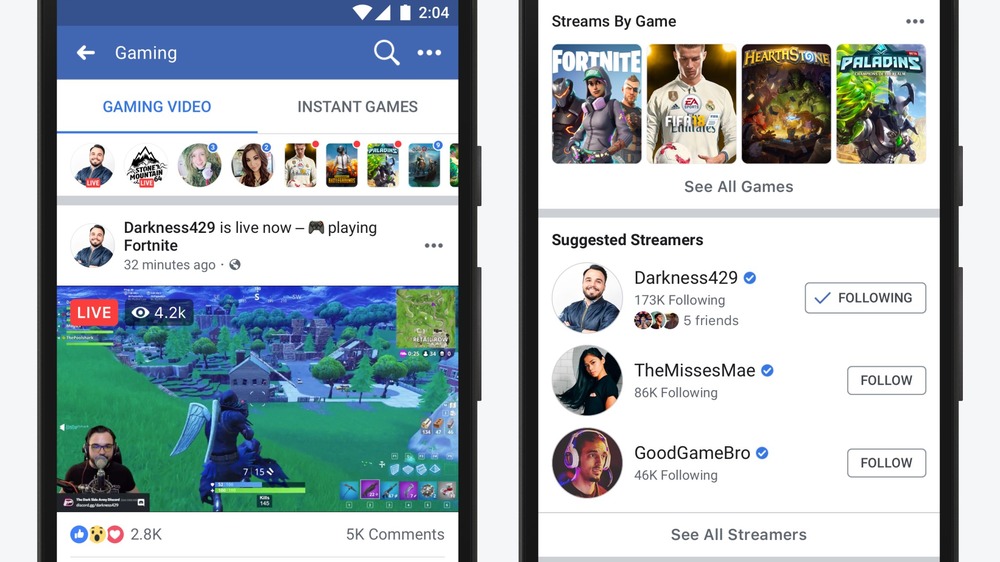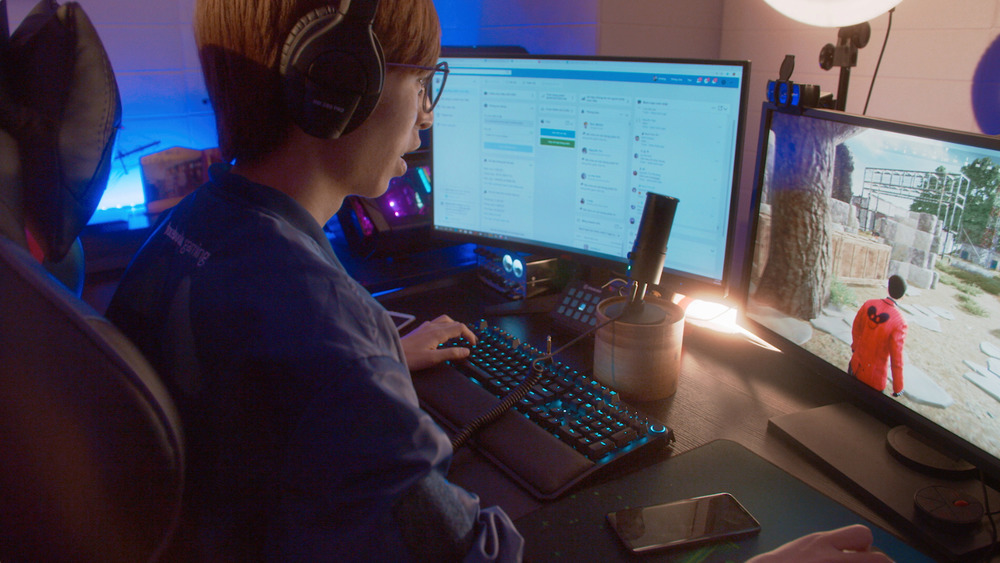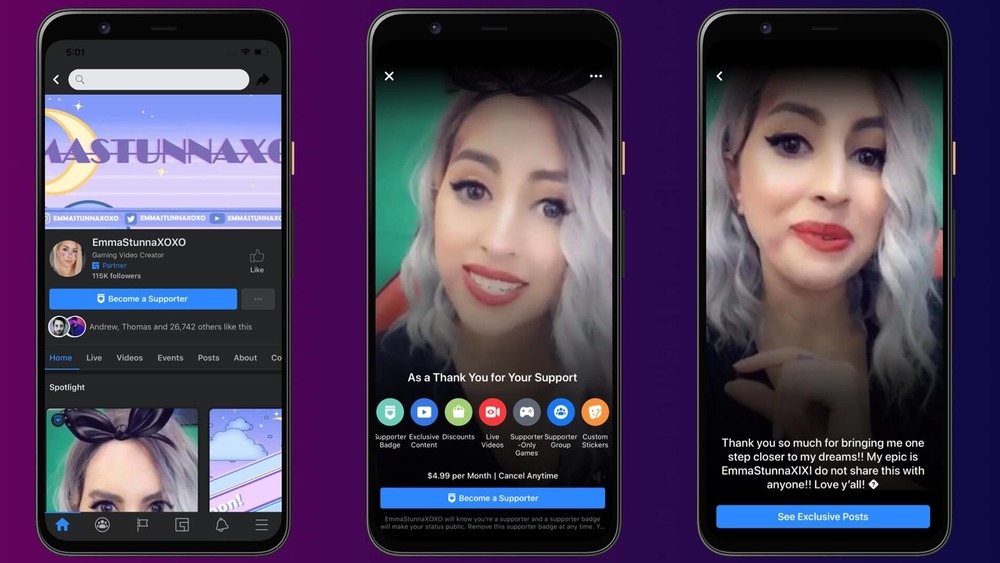The Untold Truth Of Facebook Gaming
Complete with its own standalone app, dedicated streamers and exclusive titles, Facebook Gaming has arrived. The platform is being positioned by the social media giant as a way to bring streaming and mobile gaming to one place, but in reality, the story of gaming on Facebook is much more complicated than that.
Most people don't realize that Facebook has been attempting to capture a share of the gaming market for over a decade. While these attempts to capture the attention of gamers have met with varying degrees of success, Facebook's efforts have changed the landscape of modern gaming in more ways than one.
Now the streaming world is changing. Mixer shut down, leaving Facebook, Twitch, and YouTube to compete. It's not yet known how the order will shake out — if Twitch will hold on to its crown, or if another platform will come to give it a legitimate challenge. It seems with Facebook Gaming, though, Facebook is certainly going to try.
Here is the untold truth of Facebook Gaming.
Gaming on Facebook goes back to 2007
Facebook launched in 2004 and enjoyed a rapid rise to the top position as the most popular social media platform. However, while the platform today is well known for its integration with many different services, apps and plug-ins, at first it only supported features developed in house by Facebook. It wasn't until 2007 that Facebook opened the doors for third-party developers to design programs and games for the platform.
These early efforts had their fans and helped introduce Facebook users to the idea that they could play games within their Facebook feed, but it wasn't until 2009 that the platform had its first hit. Zynga's FarmVille launched in June of 2009 and had 60 million users by the end of the year. The game was averaging about a million new users each week, and showed that Facebook had the power to reach a mainstream gaming market that had been untapped by game developers. Facebook recognized this potential and partnered with Zynga to try and expand that reach in 2010.
FarmVille made Facebook synonymous with social gaming
FarmVille's simple mechanics and social structure helped make the game an early success for gaming on Facebook's social media platform. After FarmVille, the most important success for Facebook gaming would be King's Candy Crush Saga. This simple matching game in the style of Bejeweled was originally designed for Facebook and was first released in April of 2012. It was later released on the iOS platform in November of 2012 and for Android phones and tablets in October.
In under a year, Candy Crush Saga would surpass FarmVille's sequel, FarmVille 2, to become the most popular Facebook game. It then went on to set records on other platforms as well, becoming the most downloaded iOS app of 2013. Facebook recognized the value of the game's popularity in promoting Facebook as a gaming platform, and pushed the game heavily. In 2014, Facebook's Creative Shop, the advertising wing of the company, sent out a video promoting Candy Crush Saga seen by 100 million people in a single day.
Facebook helped normalize new gaming standards
While the most successful Facebook games were reaching large audiences in the first half of the 2010s, they were rarely taken seriously by the gaming community as a whole. These games were often seen as casual distractions with broad appeal while more serious mobile games were found on iOS or Android platforms. However, while the gaming community may not have been taking Facebook games seriously, they were already changing the landscape of gaming as a whole.
Facebook introduced and standardized many new concepts of modern gaming, such as microtransactions, achievement sharing and asynchronous multiplayer gaming. Microtransactions and achievement sharing are now major components of even the most high profile franchises, such as Call of Duty, and Facebook's hybrid social network and gaming platform pioneered these approaches. Asynchronous multiplayer, made popular by games such as Words With Friends and Scrabulous, let players compete without needing to be online at the exact same time. Modern racing games often include features like this, where friends' ghost cars are available so players can race against them.
Facebook games weren't ready for mobile
While Facebook had some big wins in attracting attention from gamers early on, those efforts began to falter as the landscape of social media usage changed. The most important shift was that Facebook users started to use the social media network exclusively on their mobile devices, while many Facebook games were stuck on the desktop version of the platform. This led to a lack of developer interest in creating new games for the platform and Facebook's gaming division reporting its first drop in revenue in late 2014.
It wasn't only Facebook whose fortunes in the gaming market began to falter. Star developer King, the creator of Candy Crush Saga, saw engagement drop from Facebook users, according to Buzzfeed News. Developers and Facebook executives recognized that they needed a new, more coherent approach to gaming to attempt to recapture some of the market that they were losing, which led to Facebook's first attempt to launch a game service.
Facebook tried again with Instant Games
The company retooled its approach to gaming, and in 2016 introduced Instant Games. This feature allowed gamers to play Facebook favorites such as FarmVille and Candy Crush Saga while consistently adding new content such as Atari classics like Galaga, Pac-Man and Space Invaders. While the free-to-play access to these games fueled a high level of engagement, with Engadget reporting over 20 billion game sessions played over the course of two years, a lack of premium content left Instant Games ignored by serious gamers.
The other problem that Instant Games faced, which kept it from being a standby favorite for even most casual gamers, was that Facebook never really seemed to decide where it belonged. The feature originally was a part of the main Facebook News Feed, according to Endgadget, but was soon moved over to Groups feed. It would then become a part of Facebook's integrated Messenger service, before being pushed out of that part of the platform in an effort to streamline the entire service. As it moved, it lost users, sometimes failing to ever gain them back.
Facebook bought virtual reality company Oculus
While Facebook was trying to find a way to stabilize its gaming platform, it made another significant move to try and legitimize itself to the gaming community. In July 2014, the company spent $2 billion to acquire one of the biggest names in virtual reality at the time, Oculus. Oculus had some of the most innovative plans to bring virtual reality into consumers' homes, and Facebook had big plans to try and integrate virtual reality technology into social media, meetings and messaging.
Oculus was a Kickstarter success story and was working on developing its signature Oculus Rift headset at the time, making it an attractive company for Facebook to own. The release of the Oculus Rift in 2016 was a defining moment in virtual reality development, and Facebook followed it with the cheaper Oculus Go headset. However, while virtual reality has made strides in serious gaming circles, it remains largely ignored by other technology sectors. In 2020, Facebook discontinued the Oculus Go as the company focused on higher end equipment.
Facebook Gaming brings it all under one roof
With Instant Games failing to engage the audience that Facebook sought, the company began to rethink its approach to providing content to gamers though the social media platform. One of the first glimpses that the public would have of this new approach was through Facebook's attempts to try and acquire some of the streaming market away from Twitch and YouTube. This came in the form of its Facebook Gaming streaming platform, which launched in 2018.
The new streaming service began life as a tab within the main Facebook platform but was soon conceived as a standalone app as Instant Games was being scaled back. The removal of Instant Games in the summer of 2020 helped push existing users from that platform onto the Facebook Gaming app. This new feature would bring the entire Facebook gaming experience to one place. This put gameplay, achievement sharing and live streams together in an attempt to provide a more coherent experience for gamers.
Facebook has an uneven track record with spin-off apps
While an attempt to provide a new, unified gaming experience sounds great on paper, Facebook has a rocky history with developing apps outside of its main platform. Over the years, Facebook has delivered apps such as Facebook Camera, Facebook Deals and Notify. All failed to engage with the core Facebook community, and all ended up being sidelined and discontinued.
That being said, it's not all bad news for Facebook's outside apps. Facebook Messenger has enjoyed a healthy lifespan, with many users preferring it to standard SMS apps (although Messenger is also thoroughly integrated with the main Facebook app). In addition, some of the apps the company has acquired have done quite well outside of the Facebook framework, such as Instagram and WhatsApp. However, it is worth noting that these apps already had vibrant communities before their acquisitions.
The coronavirus led to an early launch of Facebook Gaming
The standalone Facebook Gaming app was expected to launch in the summer of 2020. Instead, the app went live in April 2020 in an attempt to capitalize on the booming gaming market that emerged as a result of the coronavirus crisis. Fidji Simo, head of the Facebook app, stated that the company "Had seen a big rise in gaming during the quarantine" and accelerated not only the release of the app but other gaming related projects.
Responses to the new app have been mixed. Major publications such as The Verge and Wired wondered what market the new app hoped to capture. The integration of serious streamers alongside casual game offerings is often seen as disjointed. The early release lacks exclusive offerings, and those could be needed to entice the gaming community to throw its support behind the platform. At this stage, the impact of Facebook Gaming remains in question.
Streamers claim Facebook Gaming offers greater earning potential
One of the biggest questions about Facebook Gaming is whether it will be able to attract popular streamers. While the app has benefited from partnering with Mixer after Microsoft's closure of that service in July 2020, acquiring popular streamers such as Disguised Toast and Zero, it remains unclear how it will be able to entice others to join the platform.
One way that Facebook Gaming may be able to lure some of the bigger names away from other services comes from early reports from streamers that Facebook Gaming is a better way to make money. Facebook Gaming viewers can either donate Stars, the Facebook Gaming currency, to streamers, with each Star equivalent to $0.01, or become a paid subscriber for $4.99 per month.
By meeting viewership and hours steamed requirements, streamers can join Facebook's Level Up program and or partnering program. Business Insider reported that streamers's access to a new community of non-gamers watching streams through the Facebook social network has led to higher income than are used to from Twitch or YouTube.
New streamers may find more traction on Facebook Gaming
In addition to potentially larger paychecks on Facebook Gaming, new streamers may find fewer barriers to building an audience than they would on other services. PUBG Mobile streamer Its Noob, who streams on both Twitch and Facebook Gaming, stated that his Facebook audience was much easier to build than his following on Twitch. In regards to Twitch, he said, "It's so difficult to get followers if you didn't start early."
There are many factors for this. One of these is that the Facebook community users tend to use their real identities, cultivating a healthier community, according to Business Insider. In addition, Facebook Gaming connects with communities outside of serious gaming networks, meaning that casual gamers are more likely to interact and smaller streamers. In the same article, Havelock said that it took him four years to reach 160,000 followers on Twitch. However, he was able to reach 500,000 followers on Facebook in under a year.
Facebook Gaming reimagines streaming as a primary activity
One significant difference in Facebook Gaming's approach to streaming games is a new emphasis on using a mobile device to deliver the streaming experience. Twitch and YouTube streams are usually viewed on desktops, which makes Facebook's approach a significant departure from the dominant models that define the market.
This break from the standard is intentional, however, and is part of Facebook Gaming's overall strategy to stand apart. As Facebook's Vivek Sharma put it, "We don't want to be the background window in a Chrome tab while someone is doing their homework or something else." The company would rather put the experience in the foreground, and by delivering it on a mobile device, this will be the only way that viewers can experience it. While only time will tell if the streaming community will embrace this shift of focus from desktops to mobile devices, it does represent a radical new approach to the presentation of streaming feeds.
Facebook Gaming's growth has been impressive
While Facebook Gaming has yet to make a significant challenge to Twitch or YouTube streaming viewership, the service's growth has seen impressive growth. In the first couple of months of 2020, Facebook gaming was in a distant third place in streaming hours watched, with half as many hours viewed as YouTube and only a sixth of the hours watched by Twitch users. However, the total numbers of hours watched on Facebook Gaming had quadrupled in January from their numbers in the first month of 2019.
Facebook's greatest asset is in the size of its user base. As the world's biggest social network, the platform has 2.5 monthly billion users, 700 million of which already engage in gaming content on a regular basis. If Facebook can convince those users to interact with the content it has set aside for users of Facebook Gaming, it could become a serious contender against both YouTube and Twitch.

